Speculation that Dawn Meats would invest in a meat processing business in faraway New Zealand may come as a surprise to some, but from a business perspective it would be logical.
Dawn has the experience of partnering with an overseas co-op in France for several years and while it ended because Dawn didn’t agree with their partners’ ambitions, the company accounts for the joint venture suggests that it was a success.
As well as selling its interest in Elivia back to Terrna in 2023, Dawn completed the purchase of Kildare Chilling in the same year. This was an acquisition that was speculated on for years before it actually happened.
Whether or not an investment in the Alliance Group meat processing co-op materialises will become apparent in due course, but if it does it would sit comfortably in the Dawn business.
Limited headroom for expansion
Dawn Meats has an established track record of acquisitions as part of its company expansion. Any business like Dawn is always on the lookout for more businesess that would fit into its existing portfolio.
Opportunities on the island of Ireland or Britain are limited as so many standalone processors have been bought over in the past decade.
There are still a few others, but even if they were willing to sell to Dawn, there is still the issue with getting approval with the Competition and Consumer Protection Commission (CCPC).
They may well allow Dawn another play, but it would likely be contested and not completely straightforward.
Even if Dawn was able to satisfy its acquisition needs in Ireland or the UK, there remains the issue of cattle and sheep supply.
The Bord Bia forecast for 2025 was for over 80,000 fewer finished cattle – the the typical throughput of a large factory.
In Britain, AHDB is suggesting that there will be 150,000 head fewer this year, the number required for two factories.
The bounce in beef prices earlier this year may encourage more production, but the potential has to be balanced against the constraints caused by emissions and environmental requirements.
There is a very real possibility that we have reached peak cattle supply at least for now in the UK and Ireland.
Livestock supply
For a major meat processor that has blue chip retail and manufacturing customers, maintaining cattle and sheep supply is a top priority.
Looking outside Ireland and the UK, mainland Europe has experienced a decade-long decline in supply with beef volume down 3% in the first quarter of this year alone.
Going further afield, the main beef producing and exporting areas of the world are North and South American countries plus Australia and New Zealand.
Of these, New Zealand is the only one that has a trade agreement in place with both the UK and EU, the main markets where Dawn sell its beef and sheepmeat.
Australia has a deal with the UK and while it may soon conclude a deal with the EU, it hasn’t happened yet.
There is a further advantage with New Zealand in that New Zealand lamb is a long established brand in the UK meat market and is completely accepted by UK consumers, similar to how Irish beef is regarded.
As the lamb and beef retail channels are alike, it would be a relatively small step to introduce New Zealand beef, particularly as the British and Irish-only policy has been broken by the big supermarkets in recent months.
Strategic fit
New Zealand is very similar to Ireland in that it exports 90% or more of its beef and sheepmeat production. Unlike Australia there has been no major external investment by large global players in the country’s processing sector.
A report titled “Pathways to Long-Term Sustainability” on New Zealand meat processing a decade ago drew attention to issues for the industry.
These included excess processing capacity, outdated factories and poor marketing and inconsistent returns for farmers and processors.
One of the authors is reported in the New Zealand Farmers Weekly saying that since then little has changed. Given Dawn’s advanced processing and logistics throughout its operations in Ireland and the UK there is little doubt that it could transfer this knowledge to a New Zealand business.
It is clear that a Dawn investment in a New Zealand processor could bring that company new higher value markets in the UK and European Union.
It could also work the other way, a foothold in New Zealand could open doors in North America and Asia for Dawn exports.
These markets have remained negligible for Irish beef and sheepmeat exporters despite significant investment by Bord Bia and the Irish Government to develop them.
If an Irish company that was already supplying North America and Asian markets had a base in New Zealand, it would be a relatively small step to introduce Irish supply as well, price and approval permitting.
Distance is a manageable challenge
There are many reasons why a tie up between a New Zealand and Irish processor would work, but distance will always be a challenge.
Modern communication makes management of a business in a different time zone easier, but there is no shortcut for transport.
That said, New Zealand is now well into the second century of supplying sheepmeat to the UK and Europe. Modern packaging technology enables the delivery of chilled product as well as the frozen offering of a century ago.
Processors like Dawn that have perfected a ‘just in time’ supply chain in Ireland and the UK will quickly find a way to schedule longer delivery times into a supply chain that starts in New Zealand.
There has been frequent speculation that one of the major global meat processors based in Brazil or the USA would target an Irish and British processor as part of their global expansion.
While that will remain possible at some point, the reality is that an Irish company investing in New Zealand meat processing makes sense.
In brief
Dawn has established record of acquisitions.Has overseas experience from French business.Would improve NZ beef and lamb access to customers in UK and EU.NZ has trade deals in place with both UK and EU.Could assist Dawn develop markets in Asia.NZ is an export orientated country for beef and lamb, similar to Ireland.
Speculation that Dawn Meats would invest in a meat processing business in faraway New Zealand may come as a surprise to some, but from a business perspective it would be logical.
Dawn has the experience of partnering with an overseas co-op in France for several years and while it ended because Dawn didn’t agree with their partners’ ambitions, the company accounts for the joint venture suggests that it was a success.
As well as selling its interest in Elivia back to Terrna in 2023, Dawn completed the purchase of Kildare Chilling in the same year. This was an acquisition that was speculated on for years before it actually happened.
Whether or not an investment in the Alliance Group meat processing co-op materialises will become apparent in due course, but if it does it would sit comfortably in the Dawn business.
Limited headroom for expansion
Dawn Meats has an established track record of acquisitions as part of its company expansion. Any business like Dawn is always on the lookout for more businesess that would fit into its existing portfolio.
Opportunities on the island of Ireland or Britain are limited as so many standalone processors have been bought over in the past decade.
There are still a few others, but even if they were willing to sell to Dawn, there is still the issue with getting approval with the Competition and Consumer Protection Commission (CCPC).
They may well allow Dawn another play, but it would likely be contested and not completely straightforward.
Even if Dawn was able to satisfy its acquisition needs in Ireland or the UK, there remains the issue of cattle and sheep supply.
The Bord Bia forecast for 2025 was for over 80,000 fewer finished cattle – the the typical throughput of a large factory.
In Britain, AHDB is suggesting that there will be 150,000 head fewer this year, the number required for two factories.
The bounce in beef prices earlier this year may encourage more production, but the potential has to be balanced against the constraints caused by emissions and environmental requirements.
There is a very real possibility that we have reached peak cattle supply at least for now in the UK and Ireland.
Livestock supply
For a major meat processor that has blue chip retail and manufacturing customers, maintaining cattle and sheep supply is a top priority.
Looking outside Ireland and the UK, mainland Europe has experienced a decade-long decline in supply with beef volume down 3% in the first quarter of this year alone.
Going further afield, the main beef producing and exporting areas of the world are North and South American countries plus Australia and New Zealand.
Of these, New Zealand is the only one that has a trade agreement in place with both the UK and EU, the main markets where Dawn sell its beef and sheepmeat.
Australia has a deal with the UK and while it may soon conclude a deal with the EU, it hasn’t happened yet.
There is a further advantage with New Zealand in that New Zealand lamb is a long established brand in the UK meat market and is completely accepted by UK consumers, similar to how Irish beef is regarded.
As the lamb and beef retail channels are alike, it would be a relatively small step to introduce New Zealand beef, particularly as the British and Irish-only policy has been broken by the big supermarkets in recent months.
Strategic fit
New Zealand is very similar to Ireland in that it exports 90% or more of its beef and sheepmeat production. Unlike Australia there has been no major external investment by large global players in the country’s processing sector.
A report titled “Pathways to Long-Term Sustainability” on New Zealand meat processing a decade ago drew attention to issues for the industry.
These included excess processing capacity, outdated factories and poor marketing and inconsistent returns for farmers and processors.
One of the authors is reported in the New Zealand Farmers Weekly saying that since then little has changed. Given Dawn’s advanced processing and logistics throughout its operations in Ireland and the UK there is little doubt that it could transfer this knowledge to a New Zealand business.
It is clear that a Dawn investment in a New Zealand processor could bring that company new higher value markets in the UK and European Union.
It could also work the other way, a foothold in New Zealand could open doors in North America and Asia for Dawn exports.
These markets have remained negligible for Irish beef and sheepmeat exporters despite significant investment by Bord Bia and the Irish Government to develop them.
If an Irish company that was already supplying North America and Asian markets had a base in New Zealand, it would be a relatively small step to introduce Irish supply as well, price and approval permitting.
Distance is a manageable challenge
There are many reasons why a tie up between a New Zealand and Irish processor would work, but distance will always be a challenge.
Modern communication makes management of a business in a different time zone easier, but there is no shortcut for transport.
That said, New Zealand is now well into the second century of supplying sheepmeat to the UK and Europe. Modern packaging technology enables the delivery of chilled product as well as the frozen offering of a century ago.
Processors like Dawn that have perfected a ‘just in time’ supply chain in Ireland and the UK will quickly find a way to schedule longer delivery times into a supply chain that starts in New Zealand.
There has been frequent speculation that one of the major global meat processors based in Brazil or the USA would target an Irish and British processor as part of their global expansion.
While that will remain possible at some point, the reality is that an Irish company investing in New Zealand meat processing makes sense.
In brief
Dawn has established record of acquisitions.Has overseas experience from French business.Would improve NZ beef and lamb access to customers in UK and EU.NZ has trade deals in place with both UK and EU.Could assist Dawn develop markets in Asia.NZ is an export orientated country for beef and lamb, similar to Ireland. 
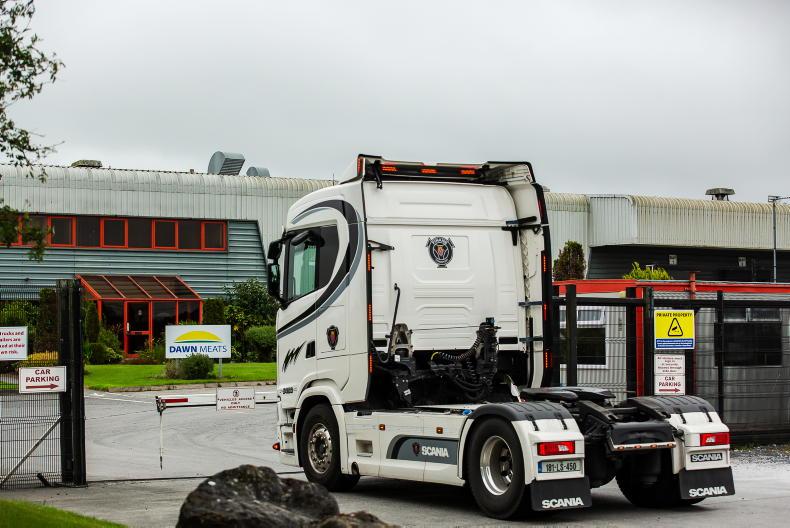




 This is a subscriber-only article
This is a subscriber-only article





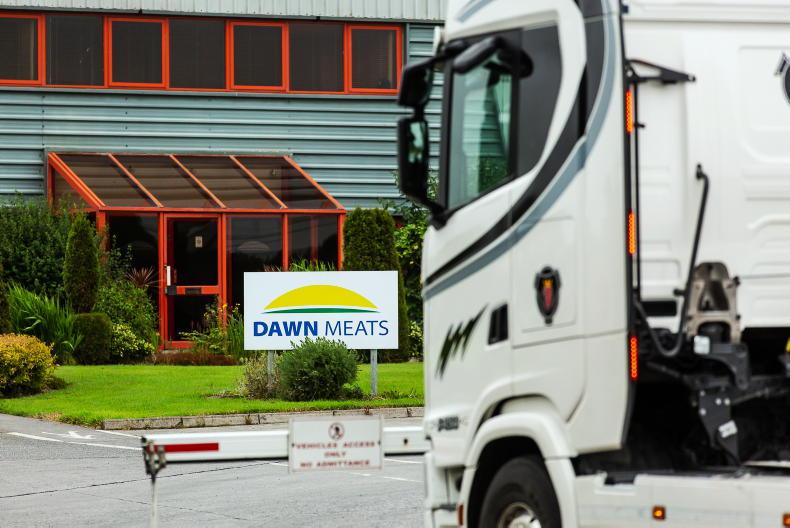
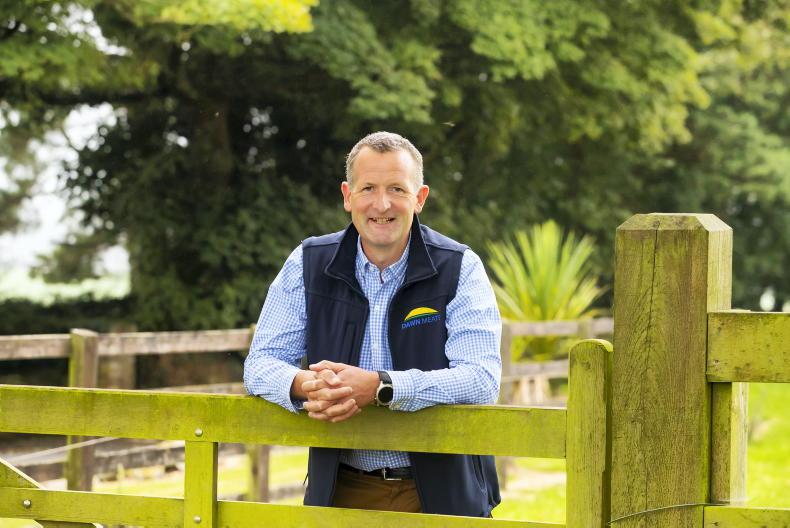

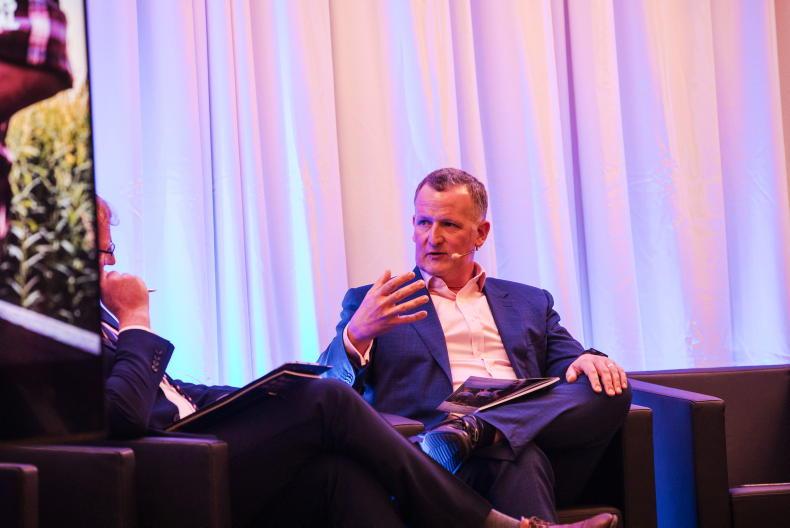
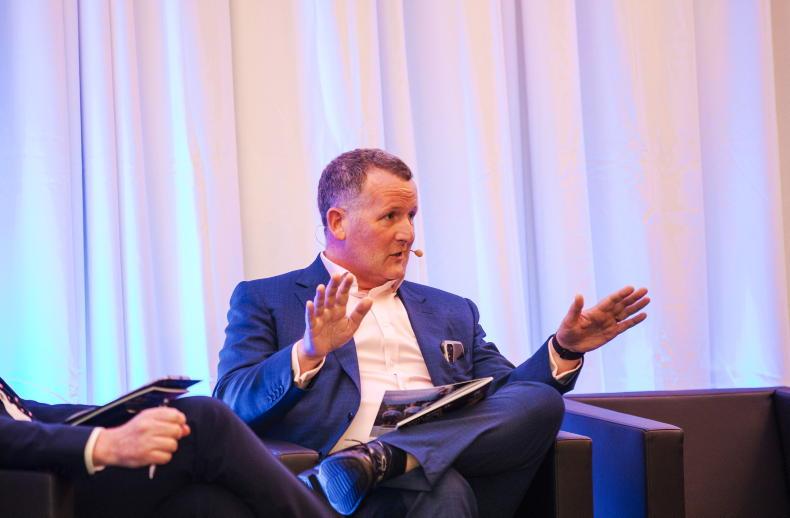
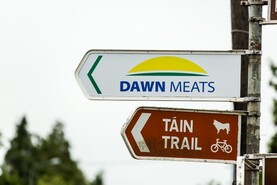




SHARING OPTIONS: